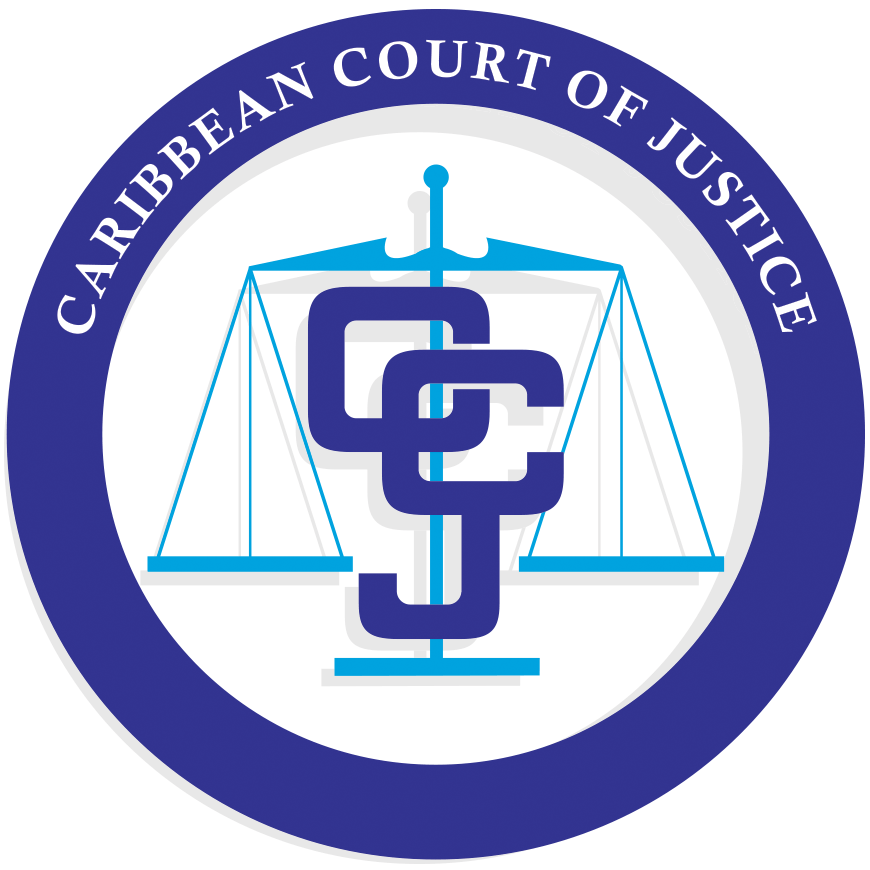The Judicial Reform and Institutional Strengthening (JURIST) Project in partnership with the Commonwealth Judicial Education Institute (CJEI) and the Trinidad and Tobago Judicial Education Institute (TTJEI) will host the CJEI’s Biennial Meeting from November 15 – 18, 2018 at the Hyatt Regency in Port-of-Spain, Trinidad and Tobago under the theme “Teaching Effective Behavioural Change Programming.”
The aim of the Meeting is to bring together leaders of judicial education in Commonwealth jurisdictions to facilitate the exchange of information, human and material resources and experiences. The judicial educators will share with each other their successes and failures and, in light of these, analyse causation and solutions. It is expected that approximately 50 jurists from across the Commonwealth will produce delivery ready programme modules for use in home jurisdictions.
Topics to be covered at the Meeting include: delay reduction; human rights and the environment; and achieving just results through judges’ increased understanding of equality issues in the context of the lives of women, children, visible minorities and sexual orientation.
The objectives of the Meeting are as follows:
- To inculcate receptivity to change;
- To provide judges with techniques to identify personal bias;
- To exchange information on common problems and solutions in Commonwealth judicial education;
- To gather research in preparation of a report on the status of judicial education in the Commonwealth. (When completed, this report will be used as baseline to chart the progress of Commonwealth nation and regional judicial education); and
- To provide a forum for the CJEI’s Board of Directors and heads of Commonwealth judicial education bodies to evaluate work completed over the last two years and chart a work plan for the coming two years.
The pan-Commonwealth Meeting provides an unparalleled learning opportunity for Caribbean judges charged with judicial education responsibilities. Learning will include international best practices in the following areas:
- Judicial education programming and programme design;
- Contemporary behavioural change curricula and programme design;
- Behavioural change teaching techniques;
- The process of establishing and maintaining well-functioning judicial education bodies; and
- Challenges and solution in pan-Commonwealth judicial education.






